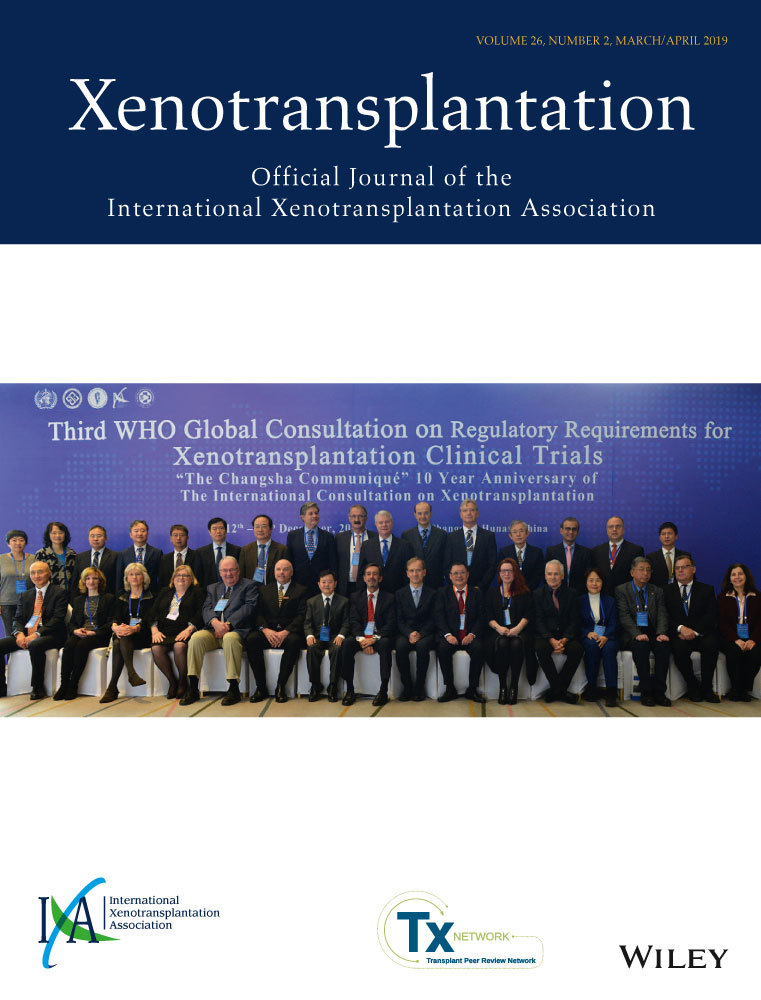Long-term culture and in vitro maturation of macroencapsulated adult and neonatal porcine islets
Abstract
Encapsulated porcine islets could be used to treat type I diabetes without necessitating severe immunosuppression. Islet survival and secretory function in the encapsulation device need to be preserved to ensure efficient insulin output in response to surrounding stimuli. In the present study, we evaluated stimulated insulin secretion from adult and neonatal pig islets seeded on an acellular collagen matrix and encapsulated in alginate during long-term culture. Pig islets survived longer and secreted more insulin when cultured on acellular porcine dermis compared to human fascia. Islets from neonatal pigs could survive up to 33 weeks in vitro, and their insulin secretion increased during the first 5 weeks of culture in a beta-cell maturation medium. In fact, by the 4th week of culture, insulin secretion from neonatal islets attained the same level as adult islets and even surpassed it by the 18th week. Our results show that in vitro maturation of encapsulated neonatal porcine islets is possible and can actually compensate the initial low insulin secretion from these islets while allowing enough time to perform complete functional and biosafety characterization of islets before transplantation.




